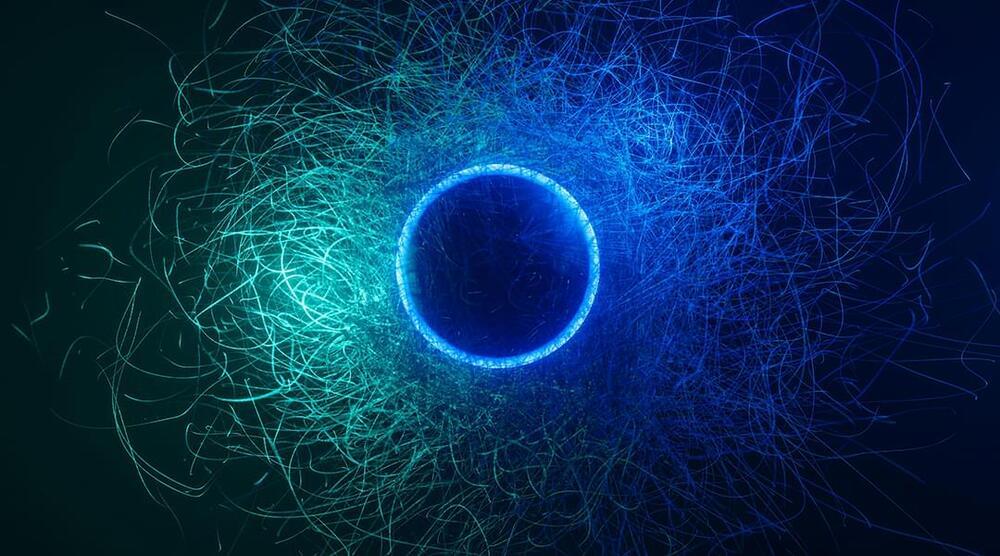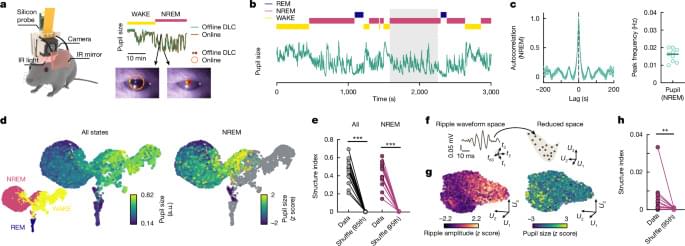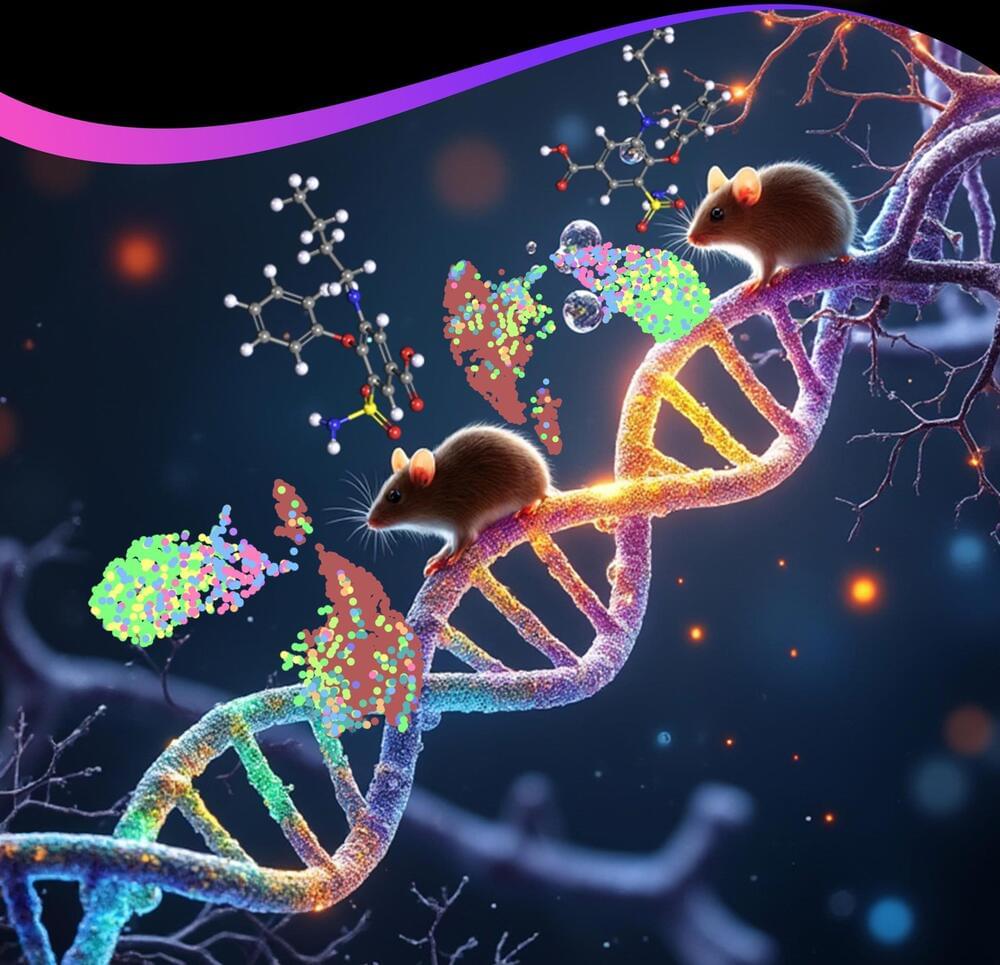How sleep microstructure organizes memory replay.
T occur in isolation; older memories are also replayed during sleep, raising an intriguing challenge: how does the brain avoid interference between fragile new memories and stable old ones?” + To explore this question, researchers developed a groundbreaking method to study both hippocampal activity and sleep dynamics simultaneously in naturally sleeping mice. Using a technique called pupillometry, which measures oscillatory changes in pupil size, they uncovered a previously unknown “microstructure” within non-REM sleep that helps the brain manage memory replay.
They discovered that memory replay is organized into distinct substates of non-REM sleep:
1. Contracted pupil substates: During these phases, the hippocampus predominantly replays new memories. This activity is associated with sharp-wave ripples—brief bursts of electrical activity critical for memory consolidation—and strong excitatory inputs from external sources.
2. Dilated pupil substates: In contrast, older memories are reactivated during these phases, characterized by increased local inhibitory activity, which helps maintain stability and prevent interference.
To test the importance of these substates, the researchers disrupted sharp-wave ripples during contracted pupil substates using a closed-loop system. This interference impaired the recall of recent memories but had no effect when applied during dilated pupil substates, confirming that these phases serve different purposes in memory processing.
This study reveals that the brain uses the microstructure of non-REM sleep to segregate and organize memory replay, ensuring that new and old memories are handled in distinct time windows. By multiplexing these processes, the brain supports continuous learning and prevents the chaos of memory interference. This discovery not only deepens our understanding of sleep but also highlights its pivotal role in making learning and memory seamless.






